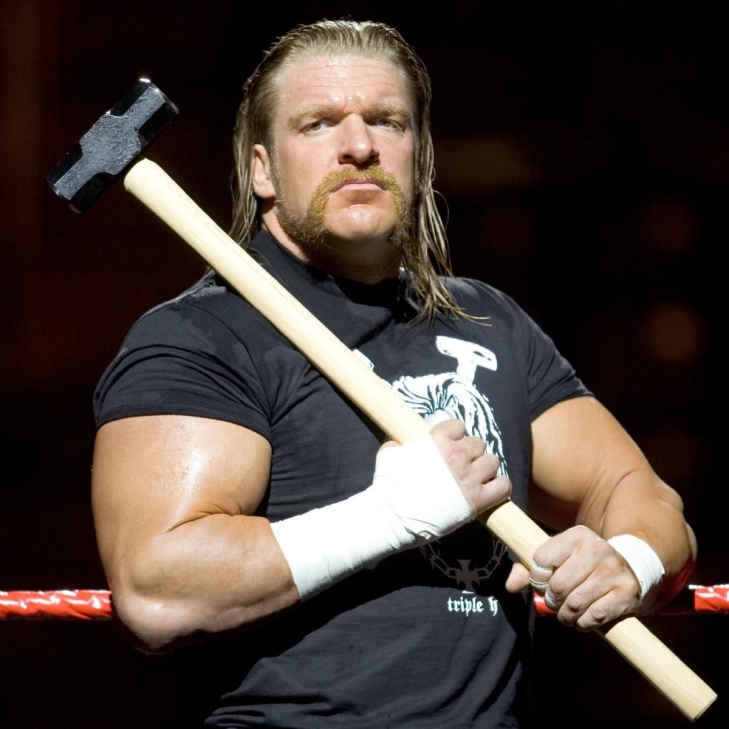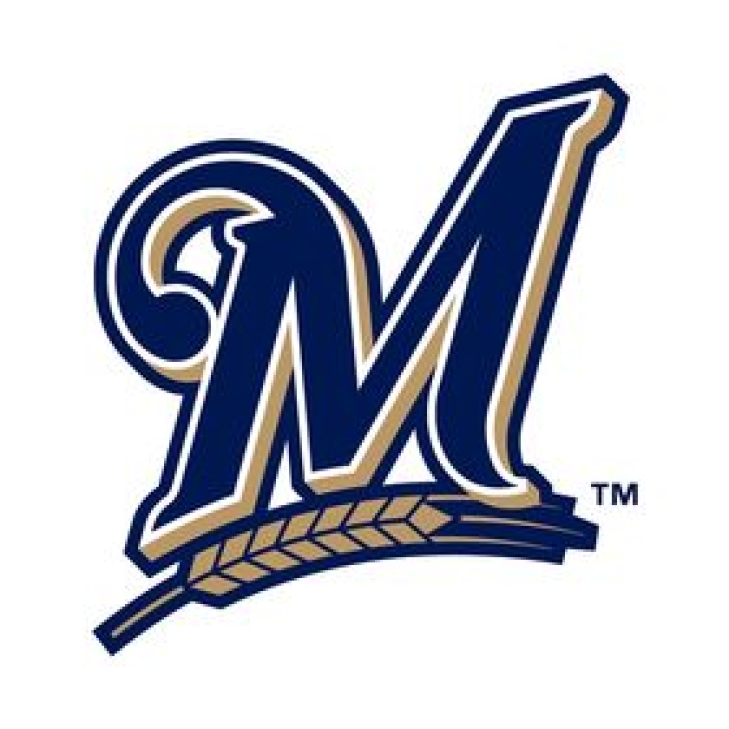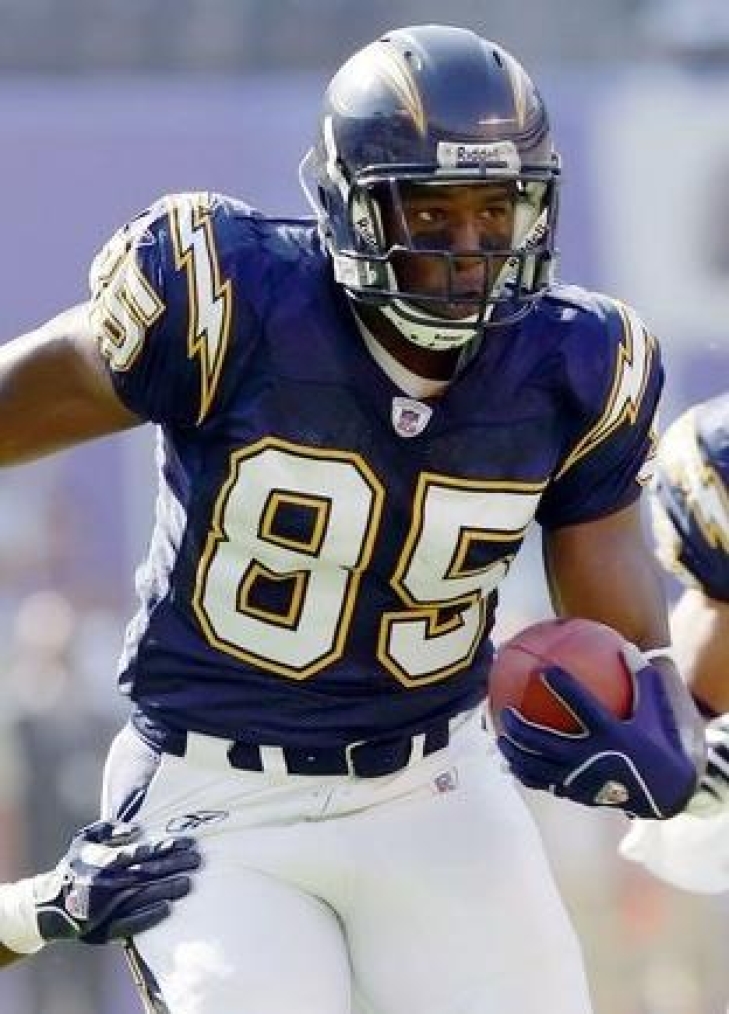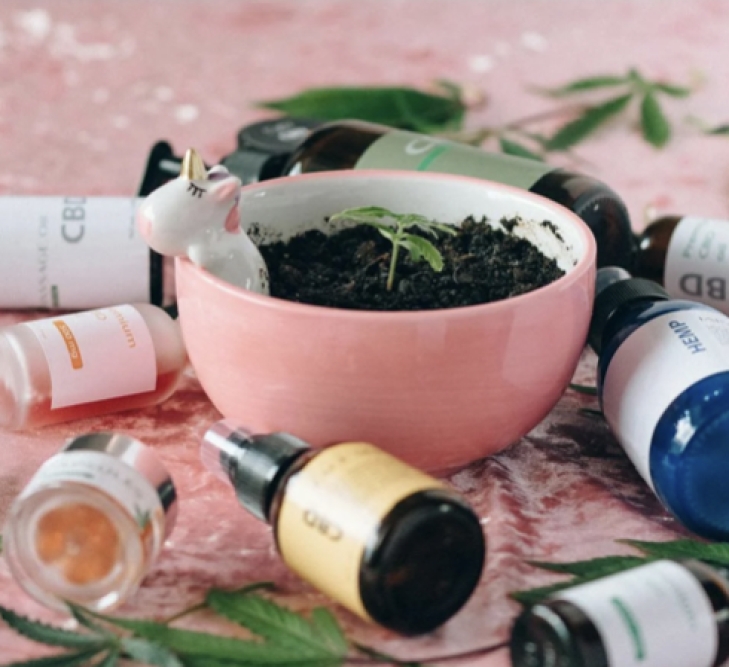
Committee Chairman
Triple H to be inducted into the WWE Hall of Fame
Hall of Fame season is not just here for Baseball, Basketball and Football, as “Wrestlemania Season” also equates to WWE Hall of Fame season. Before the Royal Rumble, Paul “Triple H” Levesque was surprised at a town hall by Shawn Michaels, The Undertaker and Nick Khan with an announcement that he was going into the WWE Hall of Fame.
Levesque, who is currently the Chief Content Officer for WWE, had an outstanding in-ring career, winning 14 World Titles, and headlining multiple Premium Live Events. He was already inducted as a member of D-Generation X, with Shawn Michaels, Billy Gunn, the Road Dogg and Chyna.
Ironically, Triple H, who generally decided who enters the Hall, had stated before that he didn’t want to go in, as it looked like he was the person who was doing it. This necessitated this manner, but nobody can dispute that he is worthy of a WWE Hall of Fame induction as a solo competitor, and creative mastermind of the current era.
As Triple H was already inducted as part of DX, he was already omitted from the Notinhalloffame list of those to consider for the WWE Hall Of Fame.
We here at Notinhalloffame would like to congratulate Triple H for this well-deserved induction.
Our All Time Top 50 Milwaukee Brewers have been revised to reflect the 2024 Season
Yes, we know that this is taking a while!
As many of you know, we at Notinhalloffame.com are slowly generating the top 50 of each major North American sports team. That being said, we have existing Top 50 lists and consistently look to update them when necessary and based on necessity. As such, we are delighted to present our post-2024 revision of our top 50 Milwaukee Brewers.
As for all of our top 50 players in baseball, we look at the following:
1. Advanced Statistics.
2. Traditional statistics and how they finished in the National League.
3. Playoff accomplishments.
4. Their overall impact on the team and other intangibles that are not reflected in a stat sheet.
Please note that our algorithm has changed, which yielded minor changes throughout the baseball lists.
Last year, the Brewers won the National League Central, but were bounced by the New York Mets in three games in the Wild Card round. There were two new entrants and a few notable player movements.
As always, we present our top five, which had no changes.
1. Robin Yount
2. Paul Molitor
3. Ryan Braun
4. Cecil Cooper
You can find the entire list here.
Former MVP Christian Yelich advanced one spot to #6.
Pitcher Brandon Woodruff held at #20.
Infielder Willy Adames and Pitcher Devin Williams enter at #40 and #41 respectively.
We thank you for your continued support of our lists on Notinhalloffame.com.
The Pro Football Hall of Fame names its 2025 Class
Can we say again, how much we love “Hall of Fame Season.”
Two weeks after the Baseball Hall of Fame announced the Class of 2025, the Pro Football Hall of Fame has announced their class, but it was not without controversy.
This was the first year under the new system, whereby the 15 Modern Finalists was cut to 10, and then to 7. From there , the Committee cast their ballots for five of the seven, with a candidate needing 80 percent of the vote to enter. As we suspected, and even warned about, a scenario could emerge where you would have a minimum of three elected, and that is what happened as only Eric Allen, Jared Allen and Antonio Gates receiving the call.
In a new wrinkle, those who made it to the final seven and did not enter (Willie Anderson, Torry Holt, Luke Kuechly and Adam Vinatieri) will be automatic Finalists in 2026. Notably, those who made the cut to 10 were Jahri Evans, Marshal Yanda and Darren Woodson, meaning that the first five cut were Eli Manning, Steve Smith Sr., Terrell Suggs, Fred Taylor and Reggie Wayne.
What occurred in the Seniors/Coaches/Contributors was worse. Five names were put forth with Seniors Maxie Baughan and Jim Tyrer, Coach Mike Holmgren and Contributor Ralph Hay falling short. Only Sterling was selected.
Four.
That’s it.
This is the smallest class in decades, and we will have more to say on that on our corresponding shows on Notinhalloffame.
Nevertheless, let’s celebrate the newest members of the Pro Football of Fame.
Inducted are:
Eric Allen, Cornerback. Philadelphia 1988-94, New Orleans 1995-97, Oakland 1998-2001. Allen enters on his 19th year of eligibility and the six-time Pro Bowl Selection recorded 54 Interceptions with eight returned for Touchdowns. A First Team All-Pro in 1989, Allen was named the UPI Defensive Player of the Year in 1993.
Jared Allen, Defensive End. Kansas City 2004-07, Minnesota 2008-2013, Chicago 2014-15, Carolina 2015. Allen was a Finalist in all five years of his eligibility and is now headed to Canton. A four-time First Team All-Pro and five-time Pro Bowl Selection, Allen twice led the league in Sacks and had 136 in total. He also had 171 Tackles for Loss, and was named by the Sporting News as their 2011 Defensive Player of the Year.
Antonio Gates, Tight End. San Diego/Los Angeles 2003-18. Gates enters the Hall of his second year, though many thought he should have entered on his first year. Gates went to eight consecutive Pro Bowls (2004-11), three First Team All-Pros (2004-06) and had 11,841 Yards and 116 Touchdowns.
Sterling Sharpe, Wide Receiver. Green Bay 1998-94. Sharpe joins his brother Shannon, making them the first set of brothers to achieve this honor. While his career was cut short by injury, Sharpe’s career was explosive netting him five Pro Bowls, there First Team All-Pros. He also led the NFL in Receptions three times, Receiving Touchdowns twice and Receiving Yards once.
We will begin revisions on our notinhalloffame.com Football list of those to consider for the Pro Football Hall of Fame.
As we are also revising our Baseball list, please be patient!
Thank you all for your continued support.
Why Do Podcasts Talk Highly About Herbal Products Lately?
Podcasts have become a powerful platform for conversations about lifestyle trends, and one topic that keeps gaining attention is herbal products. From wellness discussions to sustainability conversations, podcast hosts are diving into the world of botanicals, exploring their cultural significance, production methods, and market growth. As listeners look for natural alternatives in various aspects of life, podcasters bring expert guests, industry insights, and personal experiences. But why is this topic trending more than ever now? Let’s take a closer look at why herbal products have become a hot topic in the podcasting world.
Here's Why Podcasts Talk Highly About Herbal Products Lately
Rising interest in natural and plant-based lifestyles
Podcasts are increasingly discussing herbal products due to the rising interest in natural and plant-based lifestyles. As more people explore alternatives in their daily routines, podcast hosts dive into conversations about herbal ingredients, their uses, and the growing shift toward plant-derived products.
These discussions often focus on the cultural and market trends driving the demand for botanical solutions, making the topic relevant and engaging. By covering everything from herbal teas to plant-based supplements, podcasts keep their audiences informed about the latest developments in the natural lifestyle movement, reinforcing the growing appeal of herbal products in today’s market.
Deep dives into traditional and cultural herbal practices
Podcasts increasingly highlight herbal products by exploring traditional and cultural herbal practices worldwide. Many episodes focus on the historical significance of various botanicals, discussing how different cultures have incorporated them into daily life for centuries.
Hosts and guests often share stories about ancient traditions, regional plant-based remedies, and the role of herbs in cultural rituals. By deep diving into these practices, podcasts make herbal products more relatable and engaging, connecting modern listeners with their rich heritage.
Growing market for herbal-based businesses and startups
Podcasts spotlight herbal products as the market for herbal-based businesses and startups continues to expand. With more entrepreneurs entering the industry, podcast hosts discuss emerging brands, innovative products, and the increasing consumer demand for plant-based alternatives.
Many episodes feature interviews with business owners, investors, and industry experts who share insights on market trends, challenges, and success stories. This focus highlights the business potential of herbal products and gives listeners an inside look at how startups are shaping the industry's future.
Discussions on sustainability and eco-friendly alternatives
Podcasts increasingly highlight herbal products as part of a larger conversation about sustainability and eco-friendly alternatives. Many hosts explore how herbal-based goods align with the growing movement toward environmentally conscious living, from ethical sourcing to biodegradable packaging.
Discussions often focus on how herbal businesses adopt sustainable farming methods, reduce waste, and prioritize eco-friendly production. By featuring experts, entrepreneurs, and advocates, podcasts provide insight into how the herbal industry is adapting to meet consumer demand for greener solutions.
Exploring local herbal trends
Podcasts are diving into local herbal trends, highlighting how different regions embrace plant-based products uniquely. From city-based herbal markets to small-batch artisanal brands, these discussions give listeners insight into what’s trending in their area.
Many episodes explore how specific herbs gain popularity in certain locations, whether through specialty shops, cultural influences, or consumer demand. For example, some podcasts feature discussions on where to buy kratom in chicago, shedding light on the growing presence of herbal products in urban markets.
Featuring expert guests and industry leaders in the herbal space
Podcasts elevate discussions about herbal products by featuring expert guests and industry leaders who bring credibility and insight to the conversation. Herbalists, entrepreneurs, and market analysts often join hosts to share their knowledge on sourcing, trends, and the evolving demand for plant-based products.
These expert-driven episodes provide listeners with in-depth perspectives beyond surface-level discussions, offering valuable information on production, ethical business practices, and consumer preferences. By inviting thought leaders in the herbal space, podcasts create engaging and informative content that keeps audiences educated and interested in the latest developments within the industry.
Engaging storytelling and personal experiences with herbal products
Podcasts are making herbal products more relatable by incorporating engaging storytelling and personal experiences into their discussions. Many hosts and guests share firsthand accounts of discovering and incorporating herbal products into their lifestyles, making the content feel authentic and compelling.
These narratives often explore cultural traditions, unique product discoveries, or personal journeys that resonate with listeners. By blending informative discussions with real-life experiences, podcasts create a more immersive and emotional connection to herbal products, making them feel more accessible and appealing to a broad audience. This storytelling approach keeps listeners engaged while sparking curiosity about plant-based alternatives.
How Do Podcasts Talk About Herbal Products Lately?
Podcasts discuss herbal products by blending expert insights, market trends, and personal experiences into engaging discussions. Hosts explore topics ranging from traditional herbal practices to modern business innovations, often featuring guest speakers who bring credibility and depth to the conversation.
Many podcasts highlight sustainability, regional herbal trends, and consumer preferences, making the content informative and relevant. Through storytelling, interviews, and deep dives into the evolving industry, podcasts create a dynamic platform where listeners can learn about herbal products in an educational and entertaining way.
Trending Herbal Products That Podcasts Talk About Lately
Podcasts have been buzzing about trending herbal products making waves in the market. From adaptogenic teas and botanical-infused beverages to sustainably sourced herbs and plant-based wellness essentials, these products are gaining attention for their innovation and growing popularity.
Many podcasts focus on unique regional trends, spotlighting local favorites and emerging brands that cater to the rising demand for herbal-based alternatives. Discussions often explore what makes these products stand out: their ethical sourcing, cultural significance, or creative formulations. As interest in herbal products continues to rise, podcasts are key in informing audiences about the latest industry trends.
Bottom Line
Podcasts have become a major platform for discussions on herbal products, blending expert insights, cultural traditions, and market trends to keep listeners engaged. Whether exploring sustainability, highlighting local herbal movements, or featuring industry leaders, these conversations help shape the growing interest in plant-based alternatives. With storytelling, firsthand experiences, and in-depth analysis, podcasts make herbal products more accessible and appealing to a wider audience.





